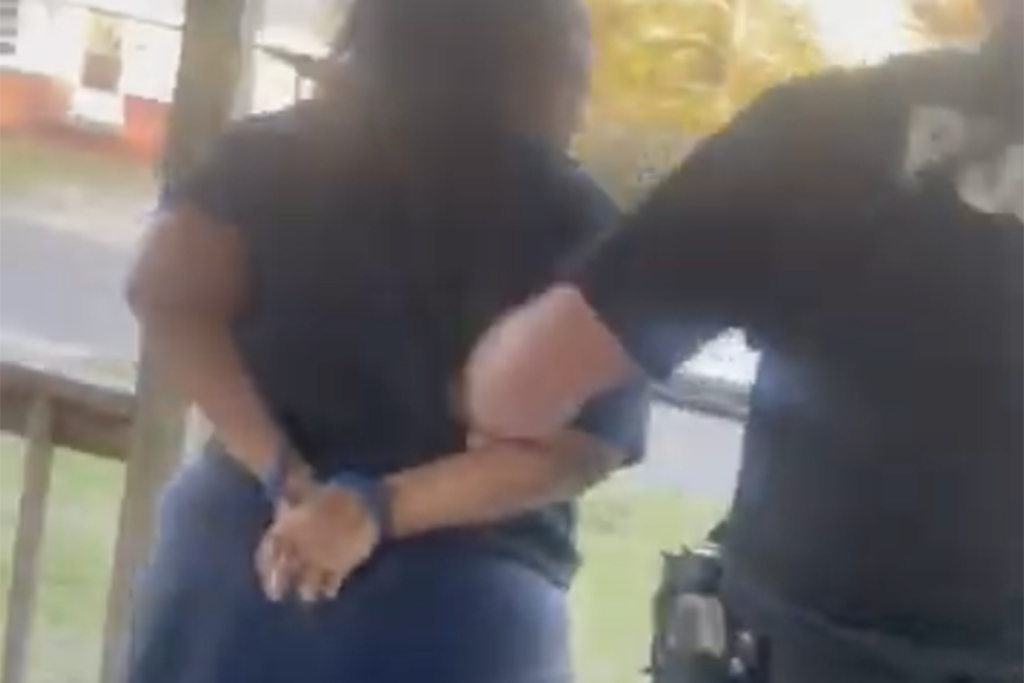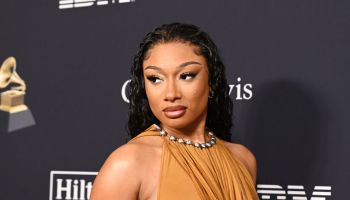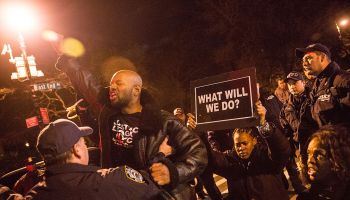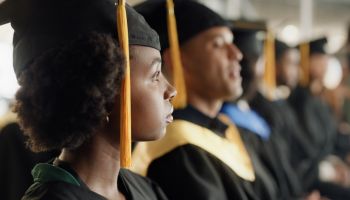Mass Mutual and NewsOne join together to present 28 dynamic people that make up the diverse tapestry of Black History. For the entire month of February, which is also known as Black History Month, we will feature one Person of the Day and highlight their lives and achievements.
Marian Anderson (pictured) and her celebrated vocal talents helped usher in a change that would morph the landscape of American entertainment. Becoming an iconic figure of fair treatment for Black artists that endured abject racism, Anderson’s ascension to global fame was pure justice.
SEE ALSO: Person Of The Day: Poet Gwendolyn Brooks
Anderson was born on February 27, 1897, in Philadelphia. After joining a church choir at the age of 6, Anderson’s prodigious talent grew, although her opportunities were scant at best. Although she made a considerable amount of money singing in choirs, college would be an elusive goal simply because of racism. After the all-White Philadelphia Music Academy (now known as University of the Arts), turned her away, she sat with composers and vocal teachers to groom her talent.
Once Anderson exhausted her avenues in the States, she became a beloved performer in Europe. Still, many Americans held on to the segregationist practices of the time, which stalled Anderson’s career.
Her fortunes would change dramatically in 1939, though.
The Daughters of the American Revolution (DAR) refused to let Anderson sing at their Constitution Hall performance venue in Washington, because they were racist. After protests from Black leaders and Anderson’s snub going public, thousands of DAR members resigned, including First Lady Eleanor Roosevelt. The First Lady wrote a letter expressing her anger, which set into motion Anderson’s crowning moment.
On Easter Sunday of that same year, Anderson sang for a crowd of 75,000 at the Lincoln Memorial in a performance that was broadcast to millions by way of radio. Anderson would continue to perform, singing at the inaugurations of Presidents Dwight D. Eisenhower and John F. Kennedy. Serving as a delegate to the United Nations Human Rights Committee and as a “goodwill ambassadress” for the United States Department of State, Anderson delivered concerts around the globe.
Anderson passed away on April 8, 1993.
















